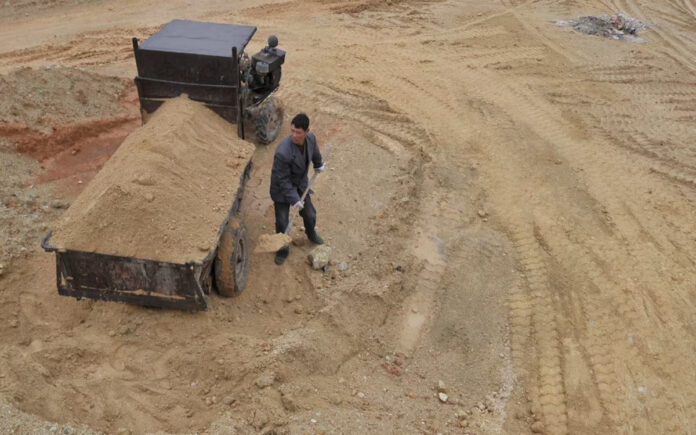Beijing: China has begun issuing rare earth magnet export licenses for the first time since implementing sweeping restrictions last month, signaling that the global supply of these critical materials may resume—albeit selectively. At least four Chinese producers, including key suppliers to German automaker Volkswagen, have received export approvals, according to industry sources and company disclosures.
Among those granted permits is Baotou Tianhe Magnetics (603072.SS), a major manufacturer of magnets used in electric and hybrid vehicle motors. Three sources confirmed the company secured a license to supply Volkswagen in late April. One source noted that the carmaker had approached Chinese authorities directly to facilitate the licensing process.
“We remain in close contact with our suppliers and have received indications that a limited number of Volkswagen AG’s magnet suppliers have been granted export licenses by the Chinese government,” Volkswagen said in response to queries from Reuters, declining to elaborate further.
Other companies receiving at least one export permit include Zhongke Sanhuan, Baotou INST Magnetic (301622.SZ), and Earth-Panda Advanced Magnetic Material (688077.SS), according to sources with knowledge of the matter. All sources requested anonymity due to the sensitive nature of the issue.
Neither the four magnet producers nor China’s Ministry of Commerce immediately responded to requests for comment.
The export licenses are reportedly issued on a per-customer basis. It remains unclear whether all of the clients associated with these firms have been cleared to receive shipments. One source suggested that the permits currently apply only to customers located in Europe and Vietnam.
Notably, the approvals were granted before the recent trade war truce reached with Washington. Industry insiders say this development could ease the path for U.S. companies seeking similar authorizations.
Also Read | Southwest Airlines Seeks Approval to Expand International Flight Network
Beijing moved quickly to issue the permits—less than a month after imposing restrictions on the export of seven rare earth elements and associated materials. This expedited process runs counter to earlier industry fears of a prolonged freeze.
The licenses issued this week are believed to be the first under the new export control framework.
Also Read | Cannes Dress Code Forces Halle Berry to Ditch Original Outfit
China remains the dominant force in the global rare earth supply chain, overseeing the refining and processing of all 17 rare earth elements that are essential for industries such as clean energy, defense, and automotive manufacturing. The lack of alternative sources underscores the urgency for foreign companies to secure continued access.
Volkswagen’s proactive engagement, as well as behind-the-scenes lobbying from other major international firms, reflects the high stakes. Tesla CEO Elon Musk recently confirmed that the company is in negotiations with Beijing to secure export licenses for rare earth materials used in its Optimus humanoid robots.



